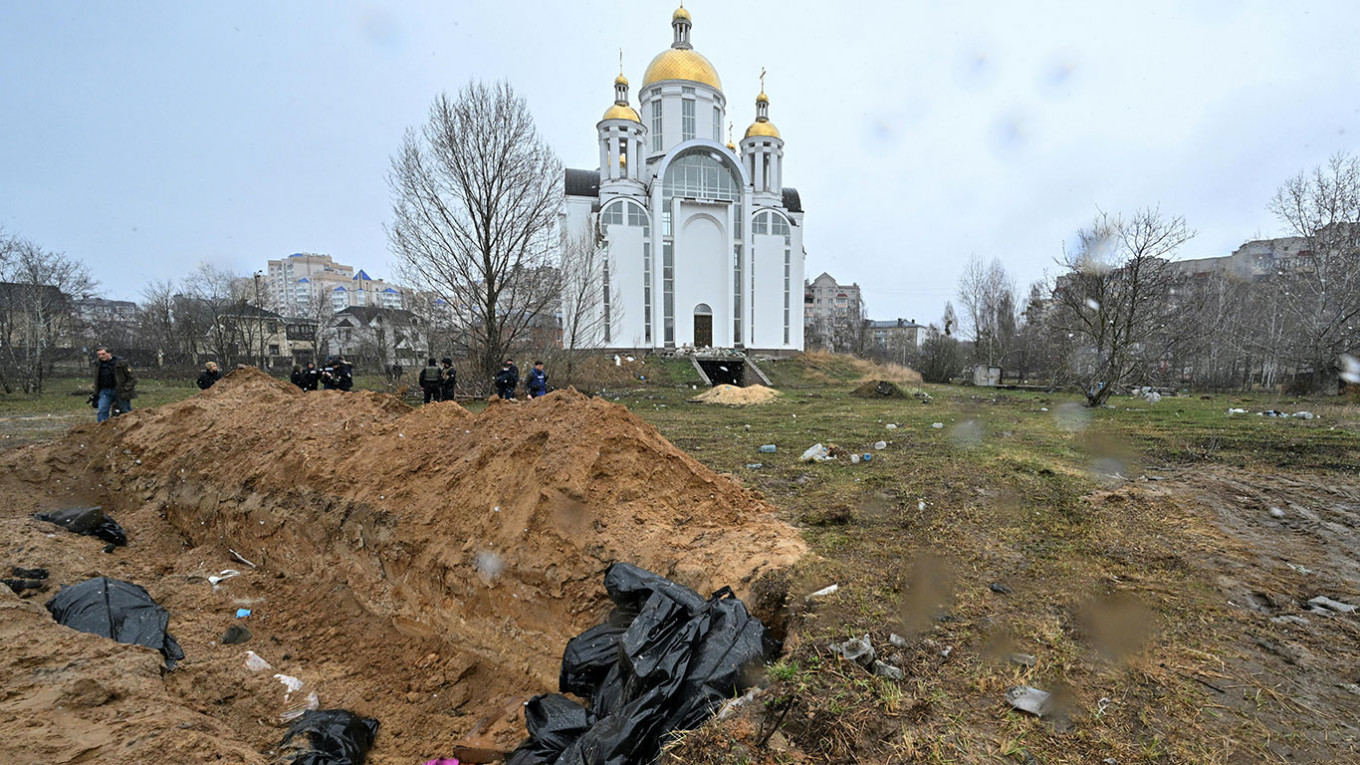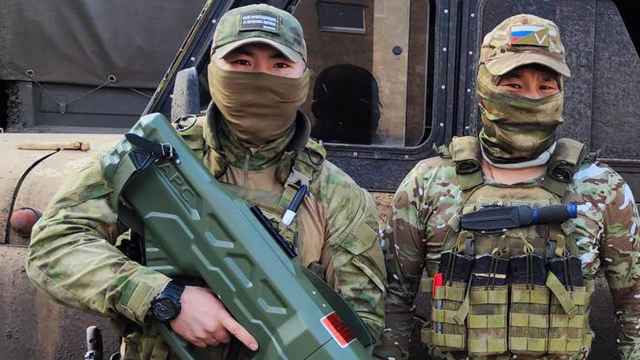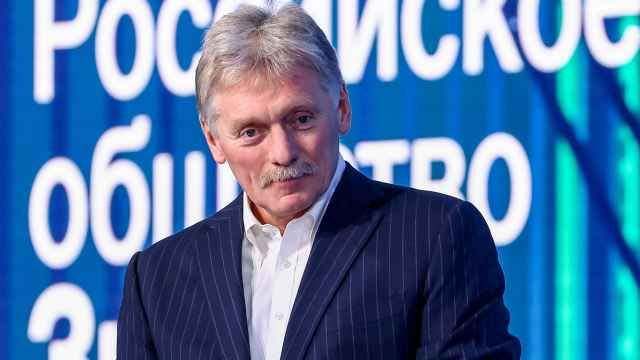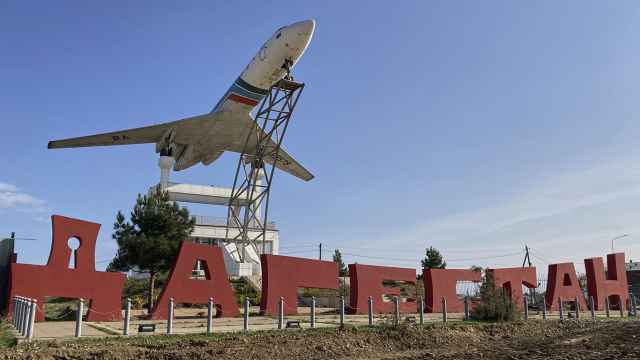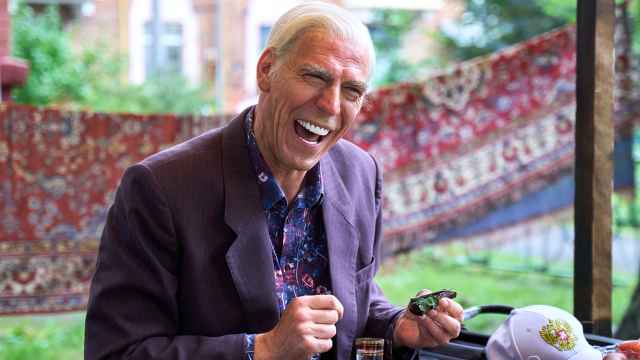Bucha — the name of this city will now go down in history like My Lai in Vietnam, like Sabra and Shatila in Lebanon, like Vukovar in Serbia.
Bucha, Irpin and Motyzhin… a woman’s hand with multicolored nail polish; a young man lying next to his bicycle; a woman’s head lying next to other human remains in a pit that appears to have been set on fire; a white scarf or belt tied around the hands of a man shot through the head and lying on the ground; another corpse lying a yard away, and another, and then more corpses, and more corpses.
Did they ride along the road shooting people? Shooting at everyone who was walking or running down the street? But if so, then who tied their hands behind their backs?
Were they driving out a column of prisoners — although in the photographs the bodies are all in civilian clothing. Were they leading them to be executed or moving them to a filtration camp when they got the order to drop everything and retreat?
Or as they were leaving Kyiv, did drunk and drugged out “Nazi hunters” decide to leave a bloody bacchanalia behind for their “fraternal nation” to remember them by?
In Irpin, they at least buried the civilians in a mass grave. In Bucha, why did they leave them lying on the pavement? Were they in a hurry to get home by Palm Sunday?
Ukrainian and international investigators will, without question, discover the name of the division, all the names and surnames of the men who committed these crimes.
But Russia — the Russian side — has as much an interest in making sure that everyone is named, because this is a verdict. A verdict against all of us.
After Feb. 24 it seemed that we couldn’t fall any lower. The nation that took such pride in having liberated Europe from the brown plague, laying 27 million lives on the altar of victory over pure evil, instantly became an aggressor nation carrying out a war of conquest in a fraternal country.
The catastrophe has already happened, the abyss has opened, we are still falling, but it matters — it matters a great deal — how far we fall. Because the guilt for this will lie on our children and grandchildren. And the myth of the liberator that was the most important element of our national identity — a myth that lay at the very heart of our national memory, regardless of whether you supported the regime or not — that will all be anihilated forever. The photographs of murdered civilians, their hands tied behind their backs, shot in the head and tossed like animals onto the street — that we will not forget, and no one will let us forget.
Even if we investigate openly and completely, make public the findings and repent, we will not be saved from the shame. But at least our children can make the argument that “our parents committed terrible acts, but we investigated, admitted it and pray for forgiveness…”
Bucha, Irpin, Motyzhin — we will now have to live with them forever.
This article was originally published in Russian in The New Times.
A Message from The Moscow Times:
Dear readers,
We are facing unprecedented challenges. Russia's Prosecutor General's Office has designated The Moscow Times as an "undesirable" organization, criminalizing our work and putting our staff at risk of prosecution. This follows our earlier unjust labeling as a "foreign agent."
These actions are direct attempts to silence independent journalism in Russia. The authorities claim our work "discredits the decisions of the Russian leadership." We see things differently: we strive to provide accurate, unbiased reporting on Russia.
We, the journalists of The Moscow Times, refuse to be silenced. But to continue our work, we need your help.
Your support, no matter how small, makes a world of difference. If you can, please support us monthly starting from just $2. It's quick to set up, and every contribution makes a significant impact.
By supporting The Moscow Times, you're defending open, independent journalism in the face of repression. Thank you for standing with us.
Remind me later.



